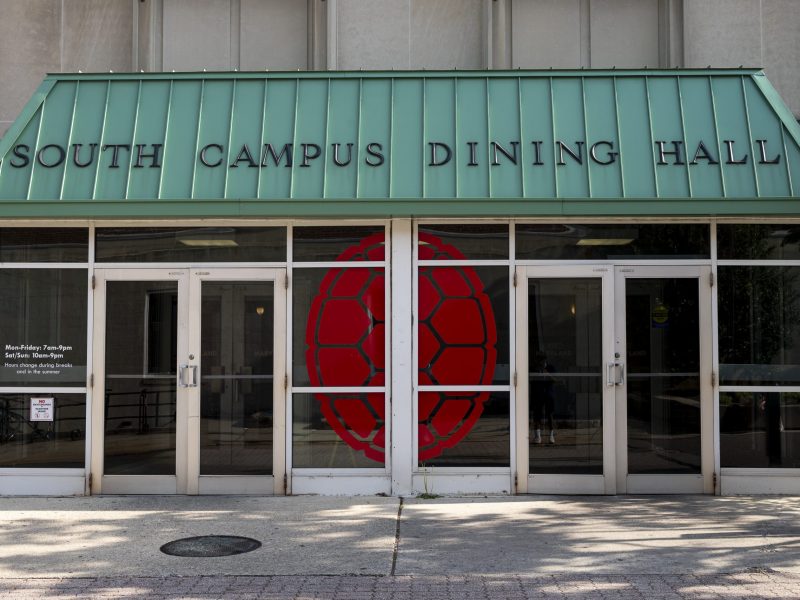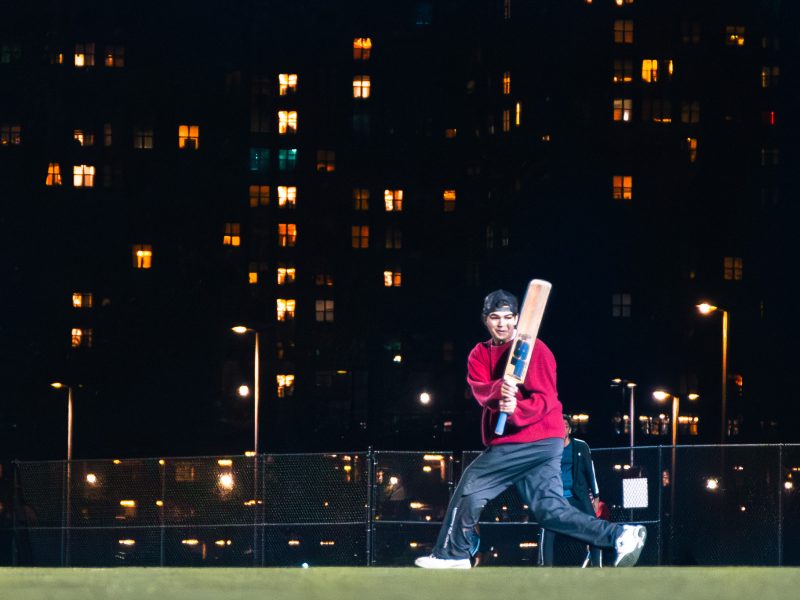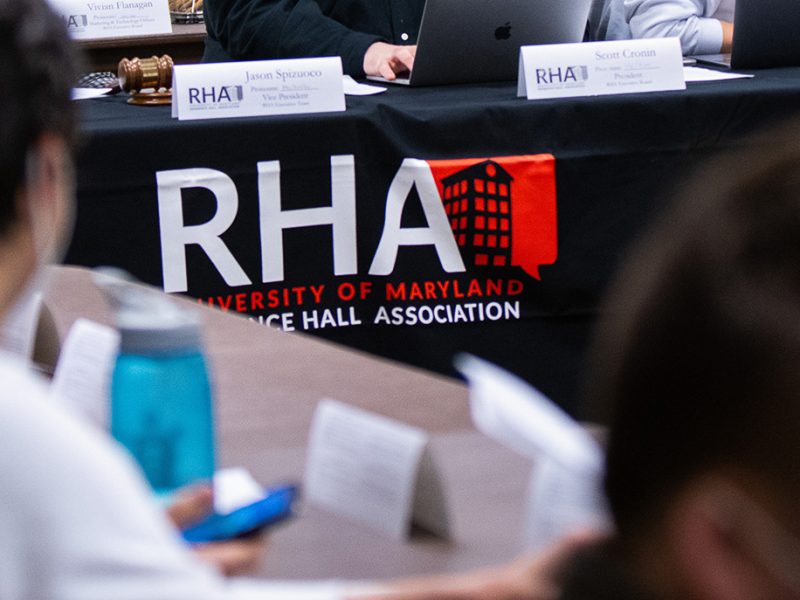By Carrie Snurr
For The Diamondback
Four University of Maryland students who participated in the Disabilities in a Global Context internship last summer discussed their experiences Thursday night.
A small group gathered at Hornbake Library to hear these students’ stories about working with people who have disabilities in countries such as Peru and Ghana.
Moira Rogers, executive director of Education Abroad, said they plan to offer the program again next summer.
“I have learned so much from you and your experiences,” Rogers said. “It’s been really, a very special, group of people doing very special things around the world.”
Junior Monica Astiz spent her time in Cusco, Peru, working in a nursing home with elderly and disabled women. While there, she helped women feed themselves at breakfast and lunch and to clean up after meals.
“I left with an invaluable experience,” the English major said. “I didn’t get paid, but I left there stronger than when I got there. And that’s a type of strength that I will take with me forever.”
Carrie Lewey, an agriculture and resource economics major, spent her time in Kasoa, Ghana, working to identify students who may have learning disabilities. She worked with two schools, one public and one private.
Before she went to Africa, Lewey raised money to buy supplies for students. Lewey said she was able to buy school supplies for 300 students. At the event, she showed a photo of children crowded around her after all the supplies had been given out.
Lewey said the children in the picture were asking if she had anything, something as simple as a pencil, left over that she could give them.
Lewey said she was also able to buy a plot of land that could be used to build a center for children with learning disabilities.
Teressa Ferraro, a senior Spanish and Russian major, went to Quito, Ecuador, to study the indigenous language Kichwa and to volunteer for Baca Ortiz, a children’s hospital that offers free and reduced costs for families.
Ferraro said she has limited mobility and other disabilities, but the people she worked with did not view her as disabled.
Ferraro could see how the people she worked with appreciated that she was trying to learn their language, she said.
The student talks introduced a promotion video which was created by videographer Rachel George, a former Diamondback photographer. A grant from Moving Maryland Forward paid for the development of the video development, which was meant to promote the program and to tell the stories of students who participated this summer.
Stephanie Cork, a doctoral candidate in the department of kinesiology, said this program was different than traditional study abroad programs where students learn in a classroom environment.
“From what I understand, it’s not often like this, you guys were really embedded in these areas,” she said. “Yeah, it’s great to go to Machu Picchu but to contribute to the communities you are in is really important too because they give so much to tourists.”



